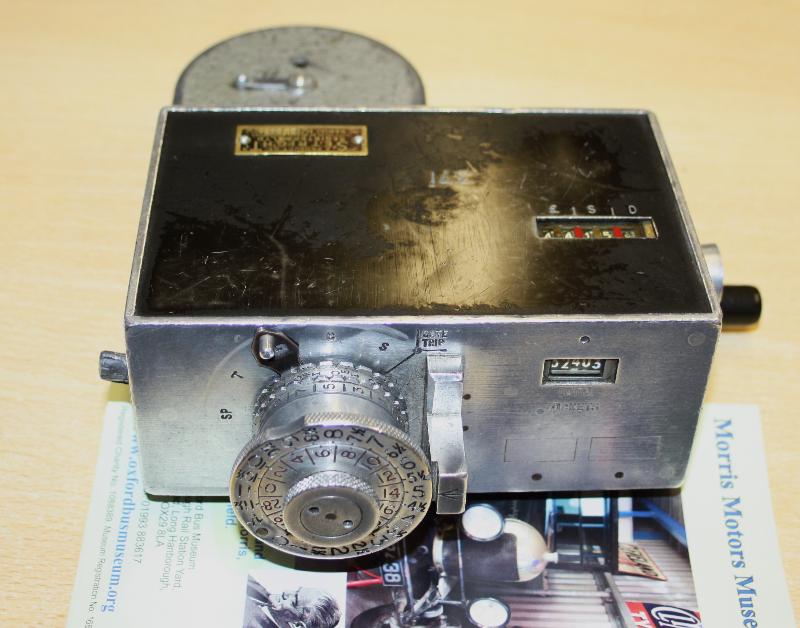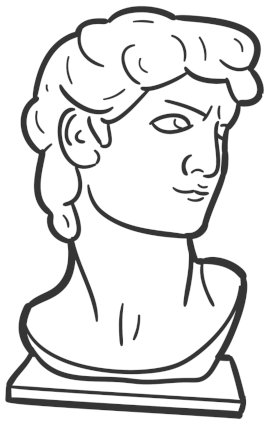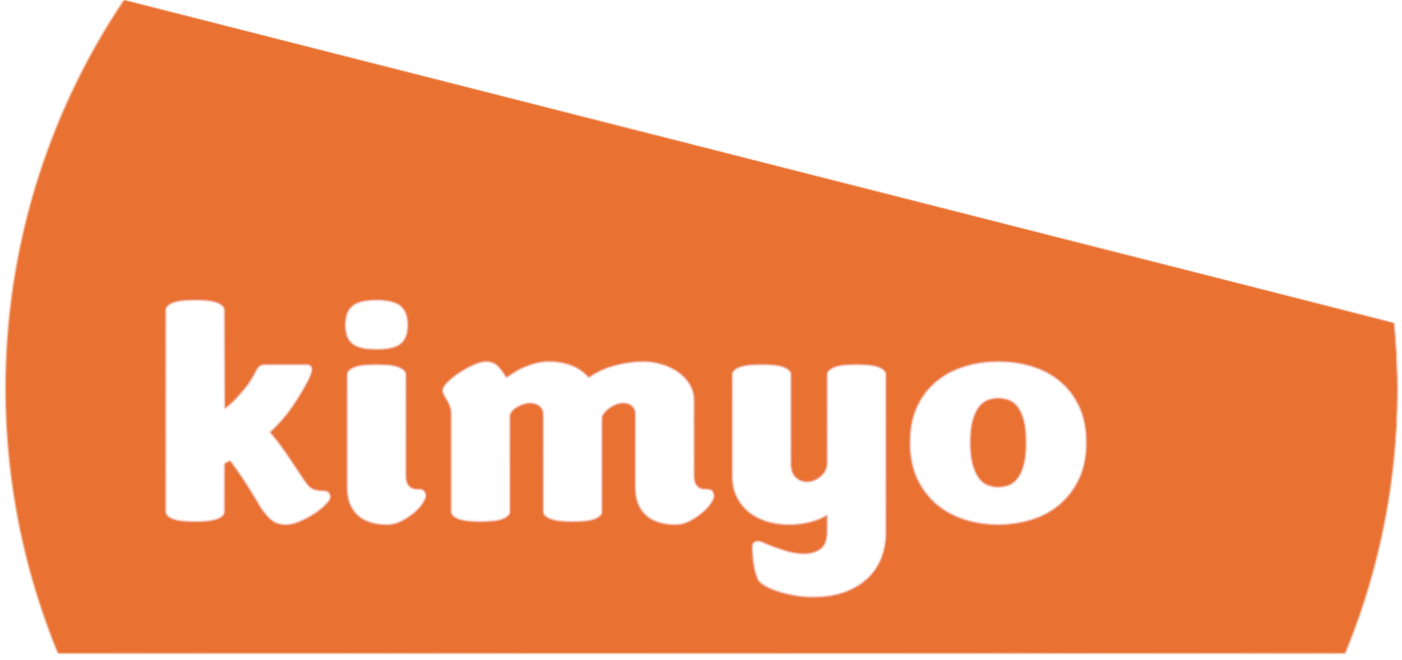Setright Bus Ticket machine

What is it?
Until the 1970s most buses had both a conductor to collect fares from passengers and a driver. Early tickets were preprinted and clipped by the conductor. From 1930s mechanical machines were introduced to print tickets individually. The most popular machines were Setrights, named after their inventor, Harry Setright. The conductor could turn the outer dial on the top to print up to 24 different fares on the ticket. The machine would automatically calculate the total fares paid and display the total in a window on the front of the machine. Today this is done electronically but the setright machine used metal wheels. Before decimization there were 12pennies in a shilling and 20 shillings in the pound. Other dials allowed the conductor to print the stage number where the passenger got on so it could be proved if a passenger travelled too far. There were also dials so the conductor could change the day and the month printed on the ticket so tickets could not be reused and record whether the ticket was for an adult or child, a single journey or a return or a special ticket.




Where is it?

You can find it at Oxford Bus Museum
In a display cabinet at the end of the passageway just before a bus without a body but with solid tyres, engine and driver's seat.
When can I see it?
You can see this right now!
Can I collect it?
Yes! You can collect this item until 31/12/2025
Local History Industrial Heritage Transport
Collect this Item to help you unlock these Badges









